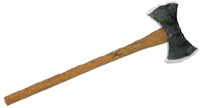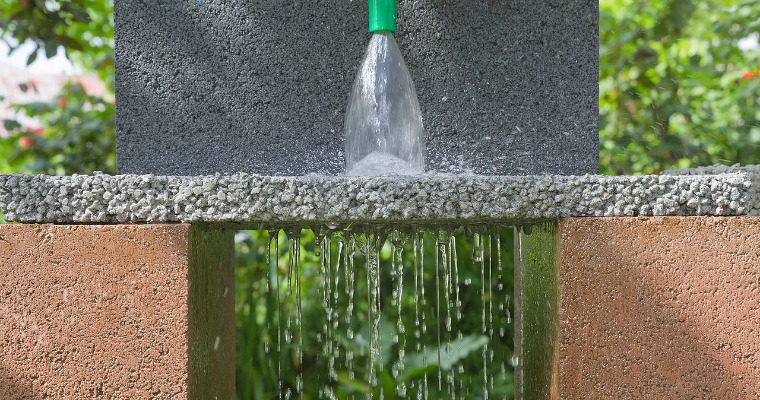If you’re planning to redesign your landscape, you should consider using permeable pavers for the sidewalk and pathways.
Whether it’s a small, medium or large-scale project, there are several benefits associated with permeable pavers. To learn more about this trending new design technique and why it’s so popular, keep reading.
Let’s first go over the basics of permeable pavers, as many people are likely hearing about them for the first time.
Permeable pavers are essentially paved surfaces with a “permeable” surface through which water flows. They typically have a porous structure, allowing water to flow through them rather than simply collecting and pooling on top.
Permeable pavers are used in commercial and residential projects, as well as some government-funded projects like public streets and sidewalks.
Runoff Management
This alone is huge benefit in itself. Permeable pavers allow for greater management of runoff from paved surfaces.
With traditional, non-permeable paved surfaces, rainwater simply pools up on top, increasing the risk of other problems like soil erosion, water seeping into foundation/basement, and damage to nearby plants and trees.
Permeable pavers protect against such damage by controlling and managing water runoff. Rainwater trickles down through the pavers rather than collecting on top.
Pollutant Control
You might be surprised to learn that permeable pavers can also control pollutants. They work by capturing metals and other pollutants in the water, preventing them from washing downstream and subsequently affecting the environment.
Improve Soil Health
Lastly, permeable pavers promote better soil health, making them particularly beneficial for homeowners and landscapers. Nutrient-rich water is absorbed through the permeable surface, where it’s then dispersed to the underlying soil.
Of course, permeable pavers aren’t for everyone. While they have some undeniable advantages, they also have some disadvantages, such as the high cost.
When compared to traditional asphalt paving, you can expect to pay about two to three times more. If you’re a homeowner who’s working on a tight budget, perhaps permeable pavers aren’t the best solution.
Some reports also indicate that permeable pavers are not suitable for use on land with a 20% or greater slope. This is because the water must drain appropriately – and it’s unable to do so with such a steep grade.
Hopefully, this will give you a better understanding of permeable pavers and how they work.
The Woodsman Company offers tree planting, tree pruning and shrub trimming, tree removal and stump grinding as well as a tree wellness program.
If we can help with any of your tree care needs give us a call at 512-846-2535 or 512-940-0799 or

